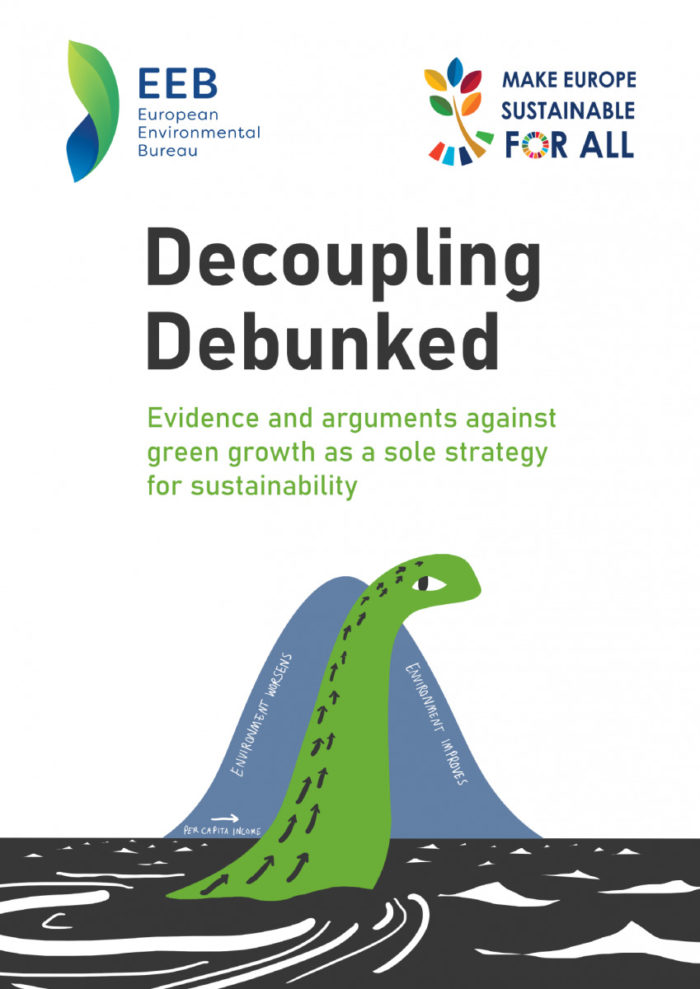What “net zero” and “closed loop” mean.
When I see or hear the terms “net zero” and “closed loop” the context is nearly always a polluting company or person trying to justify pollution as not pollution. The terms describe creative accounting applied to pollution, where instead of people losing money, our environment loses the ability to sustain life and human society.
I’ve linked to Decoupling Debunked before. It describes the terms’ deception and I recommend it. In the meantime, buy less stuff.
Wikipedia’s description of creative accounting describes “net zero” and “closed loop” in spirit. You need to change only a few words:
Creative accounting is a euphemism referring to accounting practices that may follow the letter of the rules of standard accounting practices, but deviate from the spirit of those rules with questionable accounting ethics—specifically distorting results in favor of the “preparers”, or the firm that hired the accountant. They are characterized by excessive complication and the use of novel ways of characterizing income, assets, or liabilities and the intent to influence readers towards the interpretations desired by the authors. The terms “innovative” or “aggressive” are also sometimes used. Another common synonym is “cooking the books”. Creative accounting is oftentimes used in tandem with outright financial fraud (including securities fraud), and lines between the two are blurred. Creative accounting practices are known since ancient times and appear world-wide in various forms.
The term as generally understood refers to systematic misrepresentation of the true income and assets of corporations or other organizations. “Creative accounting” has been at the root of a number of accounting scandals, and many proposals for accounting reform—usually centering on an updated analysis of capital and factors of production that would correctly reflect how value is added.
Newspaper and television journalists have hypothesized that the stock market downturn of 2002 was precipitated by reports of “accounting irregularities” at Enron, Worldcom, and other firms in the United States.
Read my weekly newsletter

On initiative, leadership, the environment, and burpees

Pingback: On pledges to lower emissions by 2030 and 2050 » Joshua Spodek